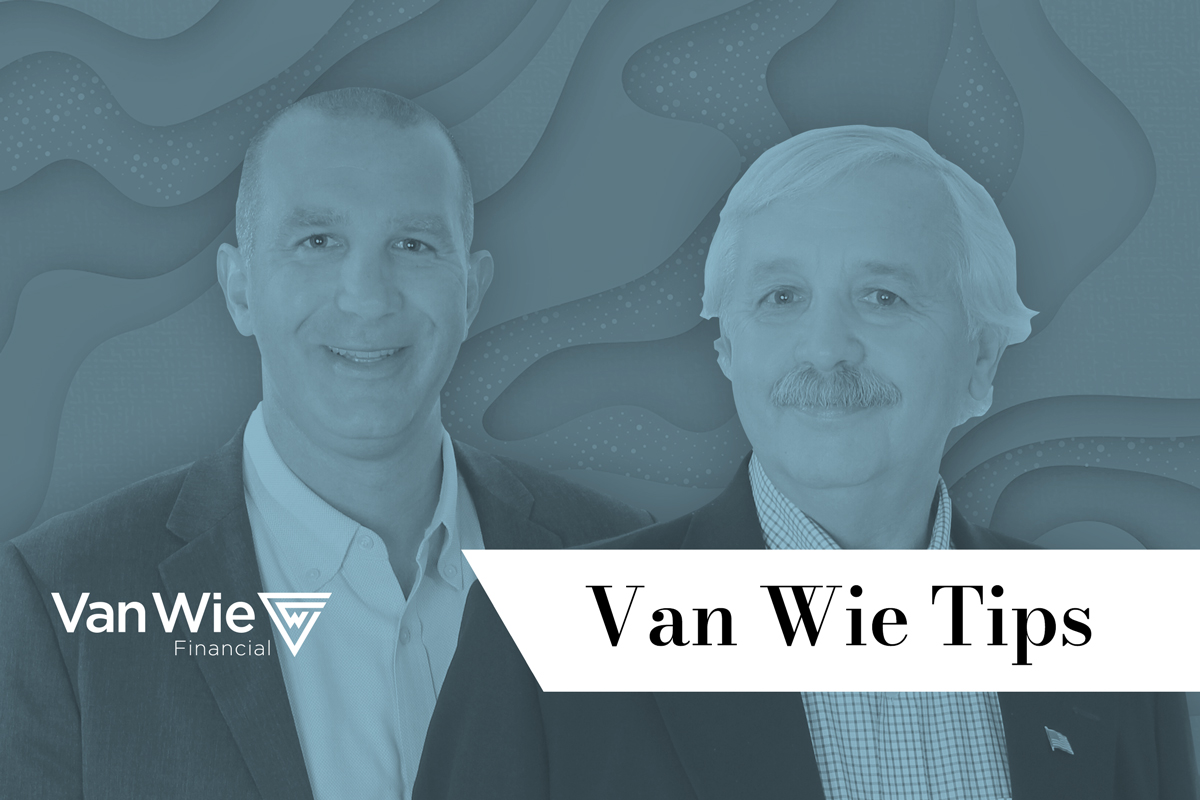Recent online articles by Bloomberg have been aimed at helping young professionals navigate their way to career success and financial independence. More than ever, young people are required to balance a competition of financial priorities, including school debt, transportation, housing, taxes, new families, and (not to be forgotten) future financial independence (what we used to call “retirement”).
At a time of maximum complexity, young people are weighed down by lack of financial knowledge and insufficient resources. In earlier American generations, financial advisors were mostly stockbrokers and insurance agents; all worked on commissions. ‘Investing” meant buying individual stocks, and brokers earned huge commissions. Only the well-to-do could afford the transaction costs.
Notably, brokers’ stock picks were often not their own, but rather recommendations developed by Company analysts, who were not independent. In many cases, they were selling shares their Companies already owned, but no longer wanted. Worse yet, recommendations seldom took into account the individual circumstances and/or preferences of the customer.
Stockbrokers and insurance agents executed transactions for a price. Brokers and agents made money by selling and trading. “Buy and hold” did them little good. The natural and expected result was often a conflict of interest between Seller and Buyer.
Further, there were few providers of these services who were knowledgeable in other aspects of personal finance. Financial planning was a “hit-and-miss” hodgepodge of (commission-driven) single transactions.
In 1969, 13 men gathered in Chicago to formulate a new financial advising plan; one that integrated the various aspects of personal finance under one profession. In 1972 the first group of students entered the newly-created College for Financial Planning in Colorado. In 1973 the 35-member graduating class formed the Institute of Certified Financial Planners™. Success of the program is evidenced by sheer numbers, as CFPs® approach 90,000 worldwide.
Formation of the Registered Investment Advisory (RIA) business model brought together the advanced qualifications required to become a CFP® and the Ethics Standards adopted by the CFP® Board. It also gave rise to the fee-only, fiduciary business model employed by Van Wie Financial and thousands of businesses world-wide. Fiduciaries are required to place the clients’ interests first in every decision. Fee-only means that there can be no commissions or other hidden costs of doing business with Van Wie Financial and other RIAs.
People who are beginning to formulate a plan for future financial independence can benefit from a relationship with a qualified, fee-only CFP®. It is never too early to begin a discussion about your future. Don’t get trapped a commissioned world where no one can be sure of the motivations of advisors. Avoid your fathers’ commissioned advisors for your financial advice.
Van Wie Financial is fee-only. For a reason.



